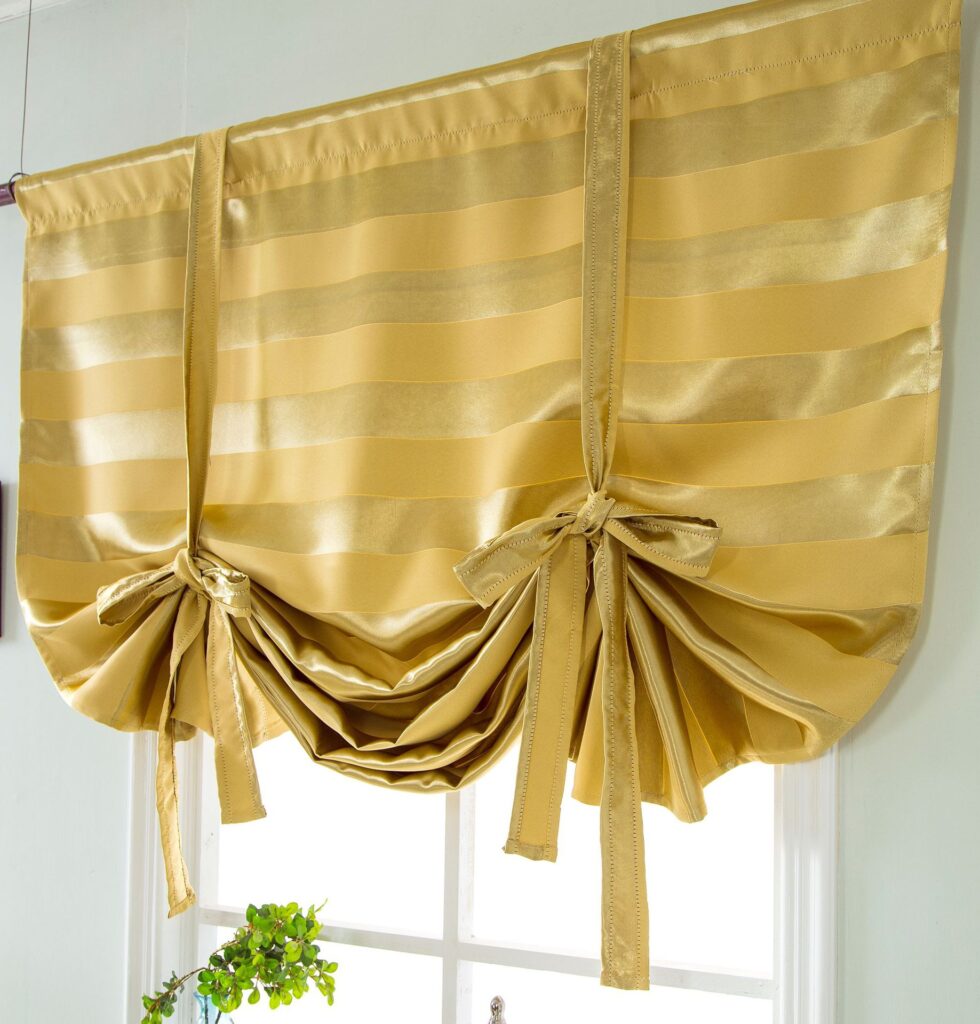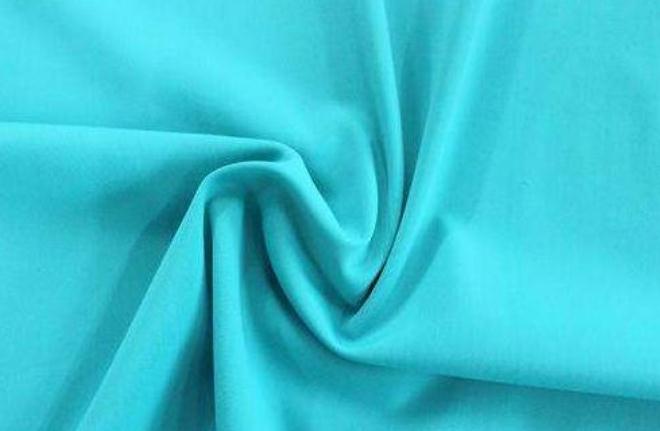Polyester fiber is a synthetic fiber obtained by spinning polyester which is polycondensated by organic dicarboxylic acid and diol. It is also commonly known as polyester. Because of its excellent elasticity, wrinkle resistance, good insulation performance, dimensional stability, and wide range of uses, it is often used in the production of clothing, home textile products and clothing fabrics, and is not often suitable for men, women, old and young. Let’s take a look at the advantages and disadvantages of polyester fiber.
Advantages of polyester fiber:
Polyester fiber has high elastic recovery ability and certain strength, so it is wrinkle resistant, durable and durable, and has long service life. Its light resistance is good. Besides acrylic fiber, its light resistance is better than that of natural fiber fabrics, especially when placed behind glass, which is almost comparable to that of acrylic fiber. In addition, the chemical products such as acid and alkali of polyester fabric have little damage to the polyester fabric, and they are not afraid of the harm of mold and moth. These are the advantages of polyester fabric.
- Excellent elasticity: Polyester fiber has a high elasticity, which means it can stretch and recover quickly, making it suitable for clothing that requires flexibility, such as sportswear and activewear.
- Wrinkle resistance: Polyester fiber is resistant to wrinkles, which means it can maintain its shape and appearance even after repeated washing and wear. This makes it a popular choice for clothing that needs to look neat and tidy, such as business attire and formal wear.
- Good insulation performance: Polyester fiber has a good insulation performance, which means it can keep the wearer warm in cold weather and cool in hot weather. This makes it a popular choice for clothing such as jackets, coats, and sweaters.
- Dimensional stability: Polyester fiber has a high dimensional stability, which means it can maintain its shape and size even after repeated washing and wear. This makes it a popular choice for clothing that needs to fit well, such as tailored suits and dresses.
- Wide range of uses: Polyester fiber can be used to produce a wide range of clothing and textile products, including clothing fabrics, home textiles, and industrial textiles.
Disadvantages of polyester fiber:
Polyester fiber has poor hygroscopicity due to its texture; Secondly, its dyeing performance is poor, so it is necessary to use disperse dyes for dyeing at high temperature. Finally, the air permeability is poor. Polyester fiber is still very popular in the market because of its many advantages, such as sun shading, light transmission, heat insulation, ventilation, UV protection, etc.
- Not breathable: Polyester fiber is not breathable, which means it can retain moisture and cause discomfort for the wearer. This can be a problem for clothing that requires breathability, such as sportswear and activewear.
- Prone to pilling: Polyester fiber is prone to pilling, which means it can form small balls of fiber on the surface of the fabric. This can give the fabric a worn and tired appearance.
- Not suitable for all skin types: Polyester fiber can be itchy and uncomfortable for some people, especially those with sensitive skin.
- Not biodegradable: Polyester fiber is not biodegradable, which means it can take hundreds of years to decompose. This can be a problem for the environment, as it can contribute to the accumulation of plastic waste.
- Limited recyclability: While polyester fiber can be recycled, it is not as easy to recycle as some other materials, such as cotton or wool. This can make it difficult to dispose of polyester fiber products in an environmentally friendly way.
In summary, polyester fiber has many advantages, such as excellent elasticity, wrinkle resistance, good insulation performance, dimensional stability, and a wide range of uses. However, it also has some disadvantages, such as being not breathable, prone to pilling, not suitable for all skin types, not biodegradable, and limited recyclability. Overall, polyester fiber is a versatile and widely used material, but it is important to consider its limitations when choosing clothing and textile products.




